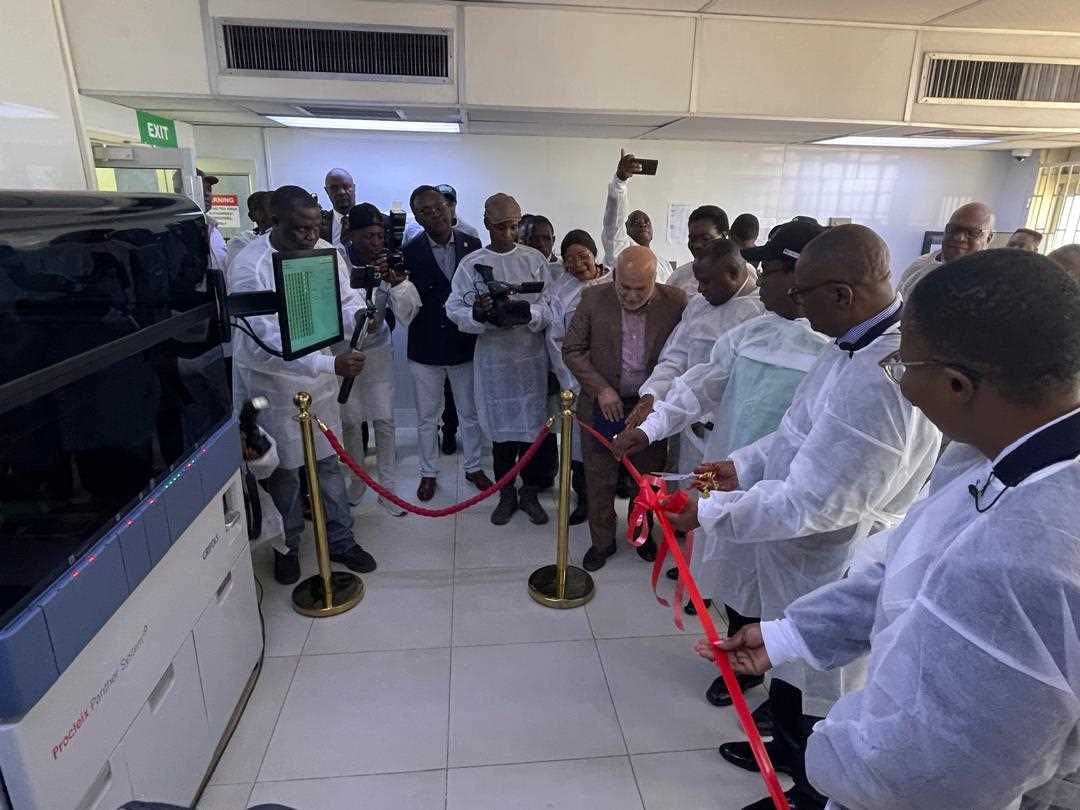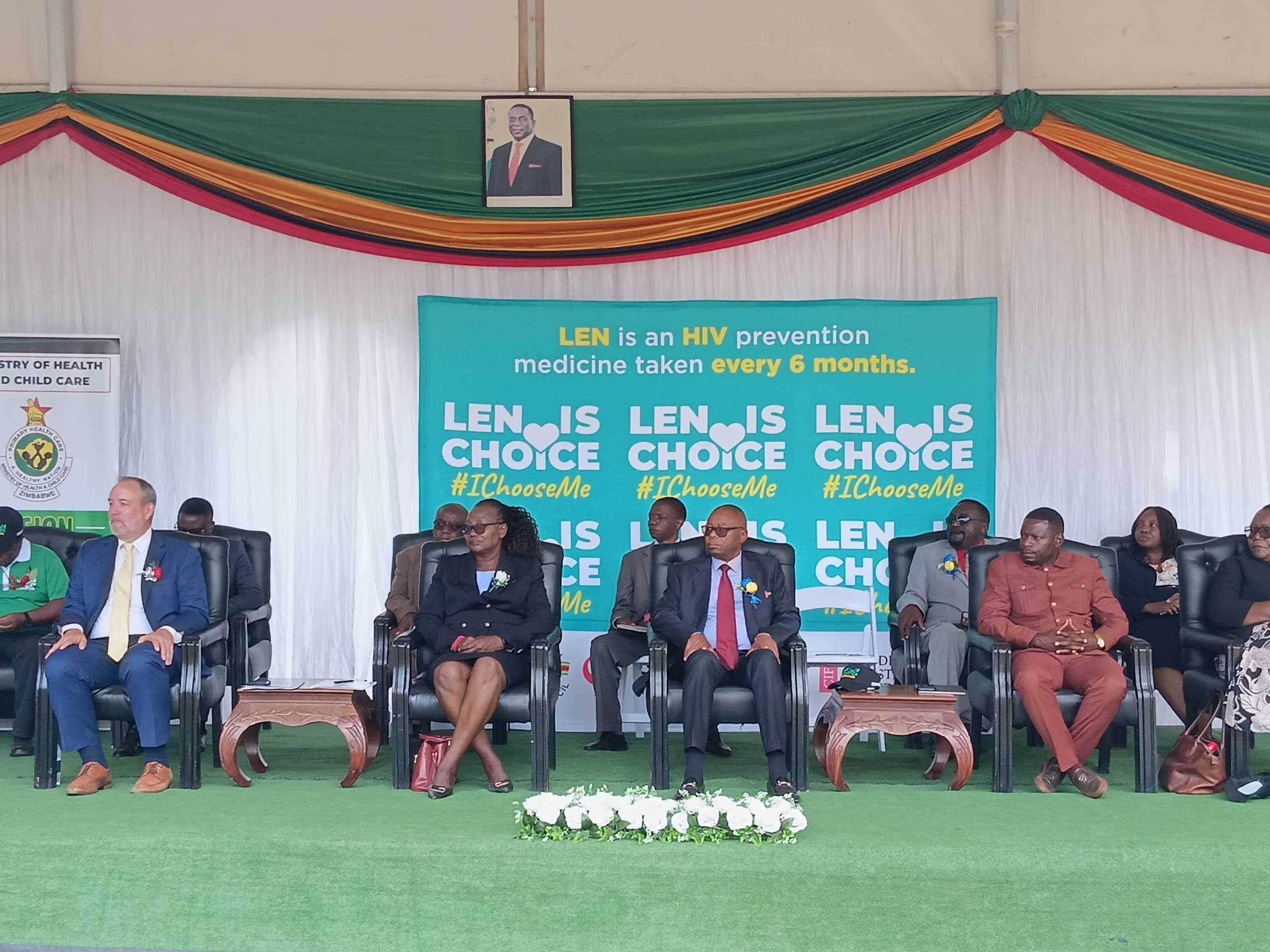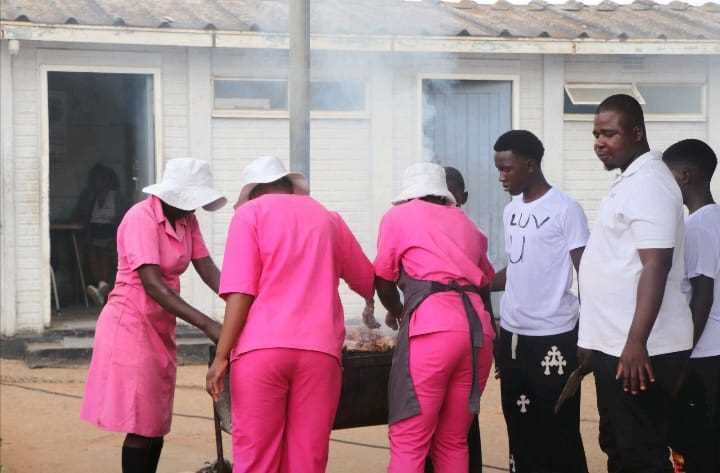Rutendo Mazhindu- Zim Now Reporter
Zimbabwe is making significant strides in its fight against polio with the launch of its first-ever Environmental Surveillance unit at the National Polio Laboratory.
This effort, supported by the World Health Organisation, the Gates Foundation, eHealth Africa, and Rotary International, aims to detect the poliovirus early, enabling swift intervention before it can spread.
Previously, Zimbabwe had to send wastewater samples to regional laboratories, which led to delays in detecting outbreaks. With the new facility, the country can now identify the poliovirus much faster, improving its response to potential outbreaks.
The ES unit will test wastewater to detect the poliovirus even before symptoms appear, a method that has been crucial in stopping polio in other countries. This advancement will help Zimbabwe and the wider African region prevent future outbreaks.
Related Stories
Dr. Jude Kfutwah, WHO’s AFRO labs coordinator, highlighted the importance of the new facility: “High-quality polio testing is critical for detecting and halting the virus. This investment in better diagnostics brings us closer to a polio-free future.”
The urgency of the initiative is clear. Between August 2023 and December 2024, the lab detected 45 cases of variant poliovirus type 2 (cVDPV2) in wastewater. In January 2024, a 10-year-old girl was diagnosed with acute flaccid paralysis caused by cVDPV2—the first human case reported during this period. These incidents underscore the importance of robust surveillance and vaccination campaigns.
Fully accredited since 2022, the National Polio Laboratory has expanded its capabilities, with WHO training lab workers and experts from the regional office ensuring accurate results. A strict quality control system is in place to guarantee timely and reliable testing.
“This is a milestone not only for Zimbabwe but for the entire African region,” said a WHO spokesperson. “The faster we detect, the faster we act. This will save lives.”
The fight against polio in Zimbabwe is a collaborative effort. Global health organizations, government agencies, and community groups have joined forces to improve detection and response.
Rotary International has played a key role in reaching communities with vital resources, while eHealth Africa has contributed advanced technology for better data collection and tracking.



















Leave Comments